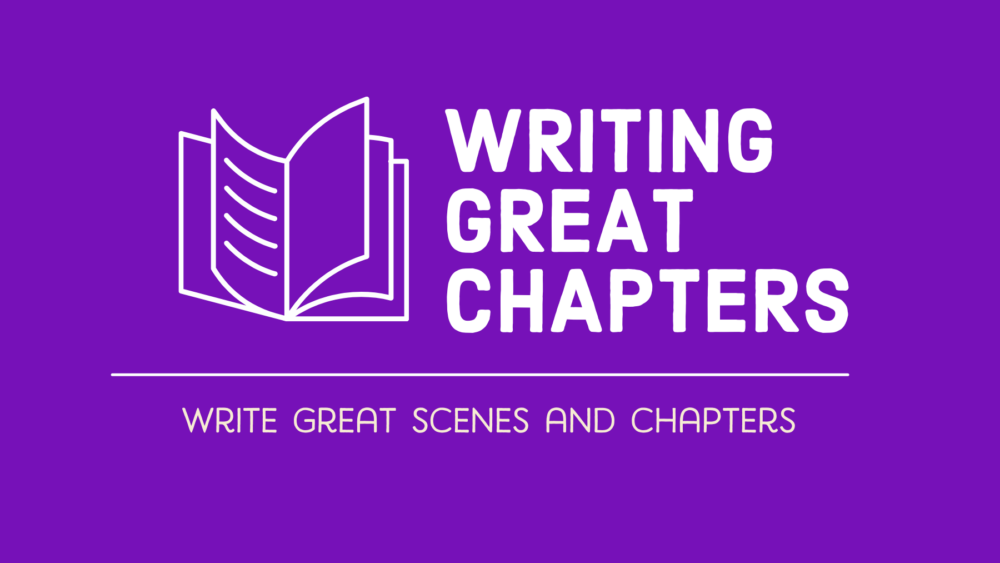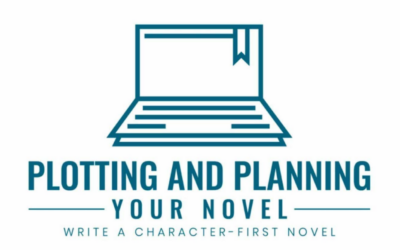🎁 Exclusive Discount Just for You!
Today only: Get 30% OFF this course. Use code MYDEAL30 at checkout. Don’t miss out!
All the skills you need to write a great chapter: master narration, dramatic build up, paragraph flow, and character development.
File Size: 1.41 GB.
Daniel David Wallace – Writing Great Chapters

Are You Ready to write more comfortably and more confidently… Knowing that each chapter you draft is good?
Watch the full training session on keeping your reader happy and engaged.
Do you want to write great scenes and chapters that keep your reader turning pages?
Do you want the confidence that you are delivering great dialogue, thrilling drama, and meaningful conflict?
Do you want to stop hearing your readers say things like, “Well, yeah, I liked the story, but I didn’t get why he bought the chicken. What was that part about?”
If so: I designed this course for you.

I’m Daniel David Wallace, novelist, teacher, & PhD researcher
Several years ago, I arrived in the United States to begin a degree in creative writing. I had won an expensive fellowship and earned my place ahead of dozens of other writers.
I wasn’t sure if the program would be a good one, but I wasn’t too worried about that: I had prepared myself with serious years of solo study: reading plotting textbooks, copying out lines from classic poems, and keeping to a strict writing routine.
However, when I started sharing my work with colleagues and mentors, I discovered something distressing, something I would never have predicted:
No one understood what my stories were supposed to be about.
I was bewildered. None of the craft books I had read had warned me about this. In fact, many of the authors I followed asserted that a real writer didn’t try to “dumb down” or “spoon-feed the reader.” They talked as though being unusual and different was a good thing…
But this didn’t seem to be the good result I had been promised.
Readers complained that they didn’t understand why these two characters disliked each other.
They couldn’t make sense of that scene in the woods with the butterfly.
They asked me crazy, insane questions, like why the character still loved this guy who was so mean to him… And when I politely explained that the character DID change in the final scene, that the shift was RIGHT THERE on the page, that the whole story had led up to this plot twist — well, these people just nodded, vaguely, and confessed they maybe weren’t great readers.
Something was really wrong.
And — even worse — it wasn’t clear what the problem was.
Colleagues said that I was clearly a good writer. Classmates could point out plot twists or descriptive passages they admired. I kept winning scholarships and minor awards.
Yet I never seemed able to write a story that made people say “wow.”
And this was the only thing I wanted.
It’s actually very hard to write a scene that readers can effortlessly enjoy and understand
Slowly, gradually, I began to figure out what wasn’t working. I sat alone in coffeeshops, copying out great scenes from famous novels, circling repeating words, noting each time the narrator spoke. I took classes in narrative theory, reading essays on reading and story structure from serious Russians and melancholy Germans.
Now I could stand in front of one hundred tired people, reading them just a few scenes of a story, and keep their attention, hearing them laugh as the character’s frustrations grew. Now I had a process for editing and fixing my own stories, checking them for moments when the clarity or energy weakened.
I began teaching other writers how to design their story’s dramatic moments “character-first.”
That’s what this course is going to equip you to do.
What is “Character-First” Writing?
Here’s why you should be writing your pages, scenes, and chapters “character-first”:
Build Tension and engagement
By keeping the reader close to your main character, and giving that reader the right information so that they can appreciate what is going on, you’ll be able to construct dramatic scenes that build to powerful, significant turning points.
Create Intensely Real Characters
Character-first writing will help you get past the surface questions of character creation: you’ll be able to present characters that your reader will get to know on a deep, moving level. Additionally, while these fictional people will seem “realistic” to the reader, they’ll also be great tools for your plot, and despite their best efforts, such characters will end up getting into difficult situations again and again.
Flow from Scene to Scene
Many writers struggle to keep the story running smoothly from one location or dramatic encounter to the next. Character-first writing allows you to keep the reader vividly aware of the character’s state of mind (their goals, fears, and expectations) as they turn page after page.
Hide Information in Plain Sight
Character-first writing makes you an expert at presenting the reader with clues that he doesn’t quite notice, or doesn’t quite pay attention to. No more info dumps. No more plot twists that no reader cares about. No more opaque characters that your reader finds unremarkable and bland.
Present A Compelling World
Character-first writing also treats the setting of your story as a character, and you’ll introduce elements of your fictional world with the same variety and drama you would a regular character, allowing your reader to feel engrossed and at ease in the world of your story.

Daniel David Wallace
Creator of Plotting and Planning Your Novel
Your Teacher
Hi, I’m Daniel. I’m a writer, teacher, PhD researcher, and book editor. I create easy-to-implement techniques that help you master the craft of fiction.
I’ve given lectures on plot at the AWP conference and other writing festivals around the US, and my work has been read at the Iowa Writers Workshop. My fiction has won the Hodges prize, the Toni Brown scholarship, and I’ve published short stories and essays in many journals. In my regular life, I teach advanced writing skills at a great university.
Since I started teaching online, I’ve worked with hundreds of writers as a coach and teacher. Over two-thousand writers subscriber to my newsletter, “Writing Related.”
I’m currently working with a publisher on a novel set in Taiwan: it involves unhappy English teachers and a ghost.
Course Features
- Lectures 0
- Quizzes 0
- Duration 10 weeks
- Skill level All levels
- Language English
- Students 143
- Assessments Yes

